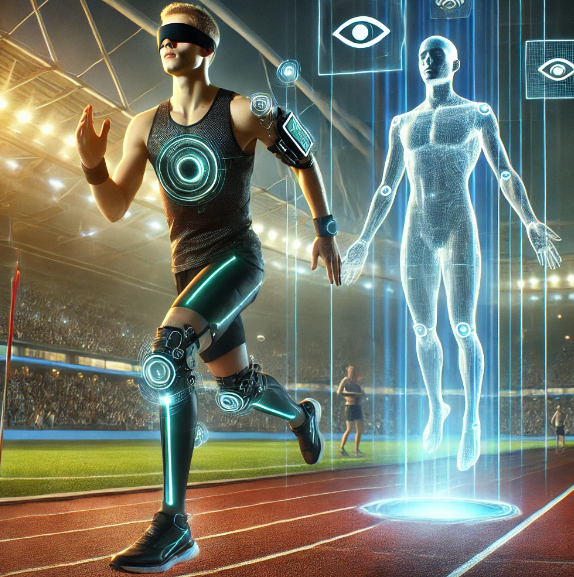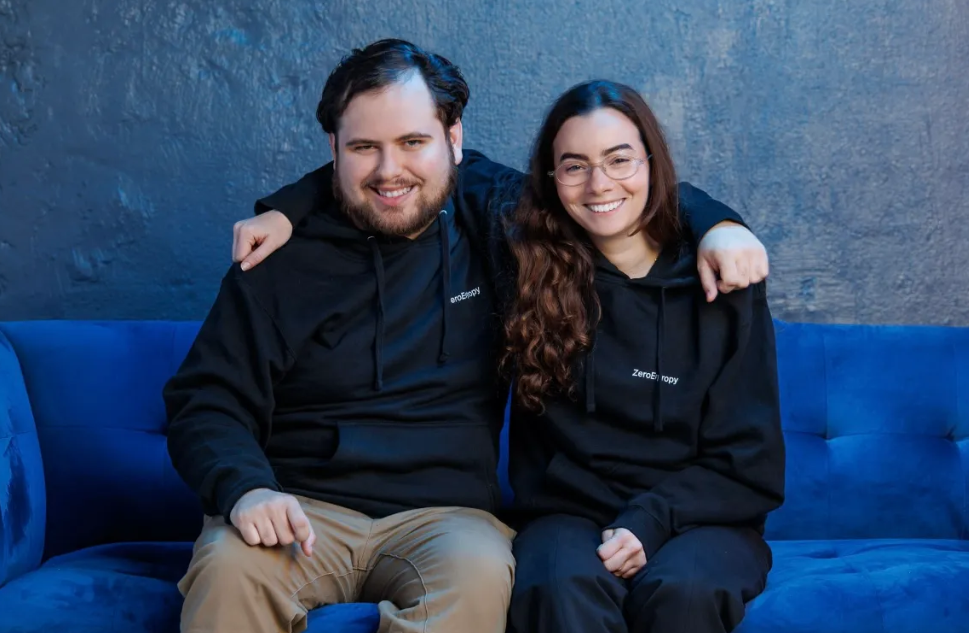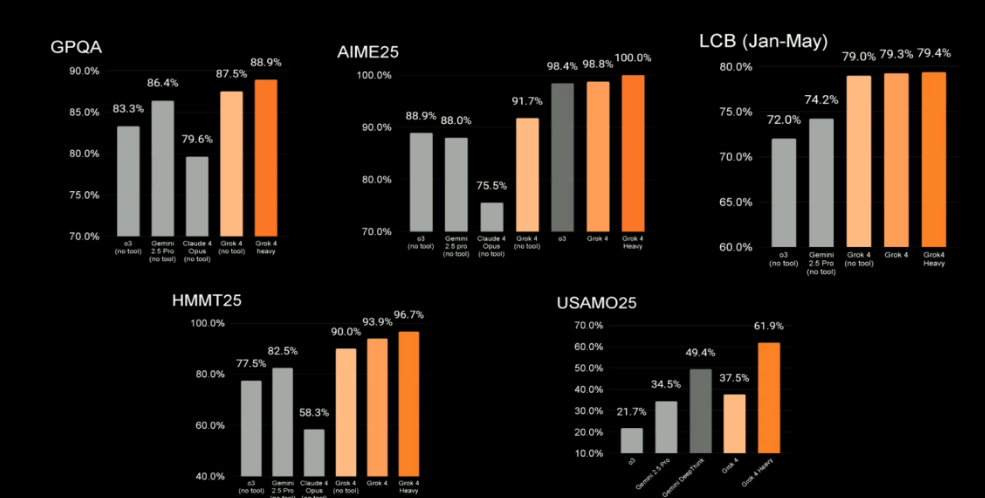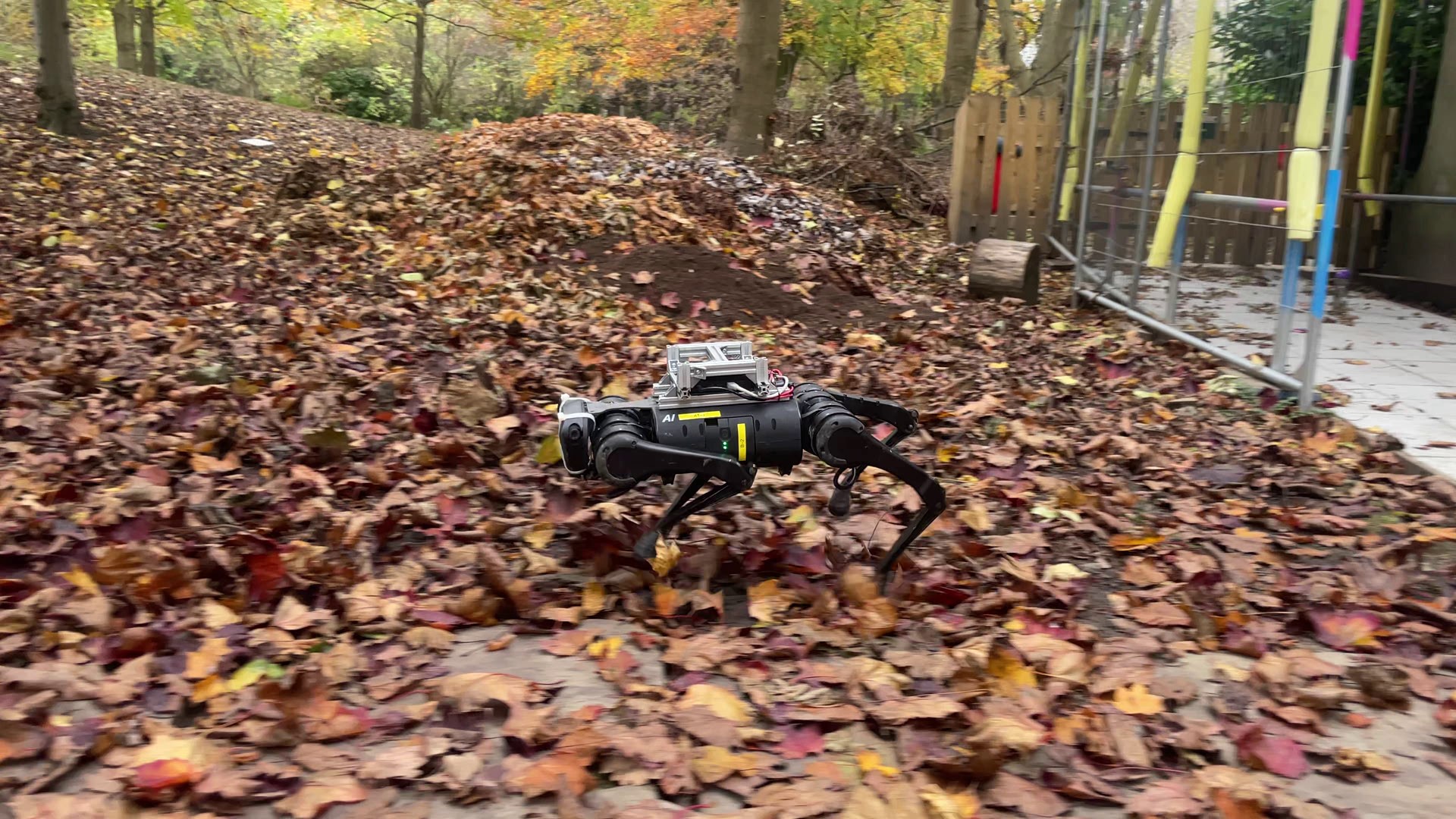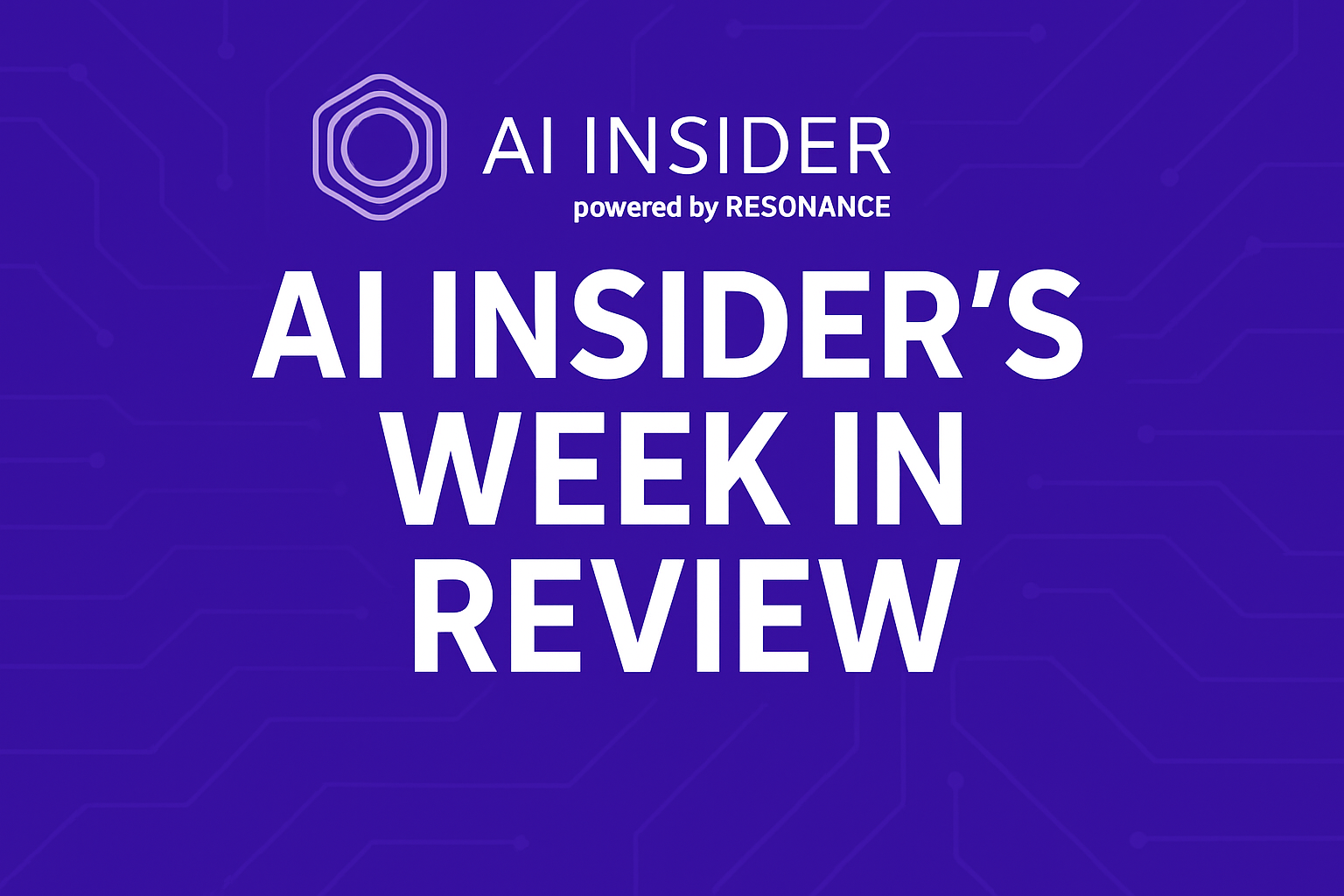A novel AI technology is disrupting the world of visually impaired athletics, offering unprecedented freedom and independence to vision-impaired runners. Fatmir Seremeti, a Swedish Paralympian, recently became the first such athlete to complete a half marathon without physical guidance, thanks to Google’s Project Guideline.
The system uses a smartphone mounted on Seremeti’s chest, employing AI to track a guide runner and provide audio cues through headphones. Seremeti described the experience as transformative: “It’s a huge, huge freedom, huge feeling of freedom. It gives me audio cues via headphones that I have on me.”
The technology’s precision allows for intricate directional guidance.
“If he moves to the right, then I get a cue to follow to the right, and if he moves to the left, then I get an audio cue to move to the left. If I’m too far behind, then it tells me that I need to speed up,” Seremeti explained.
This innovation not only enhances athletic performance but also promises to improve everyday life for the visually impaired. Seremeti’s successful completion of the Stockholm Half Marathon alongside 18,000 other runners mark a significant milestone in adaptive sports technology.
As AI improves, it offers hope for greater independence and inclusion for visually impaired individuals in various aspects of life, extending far beyond the realm of competitive sports.
